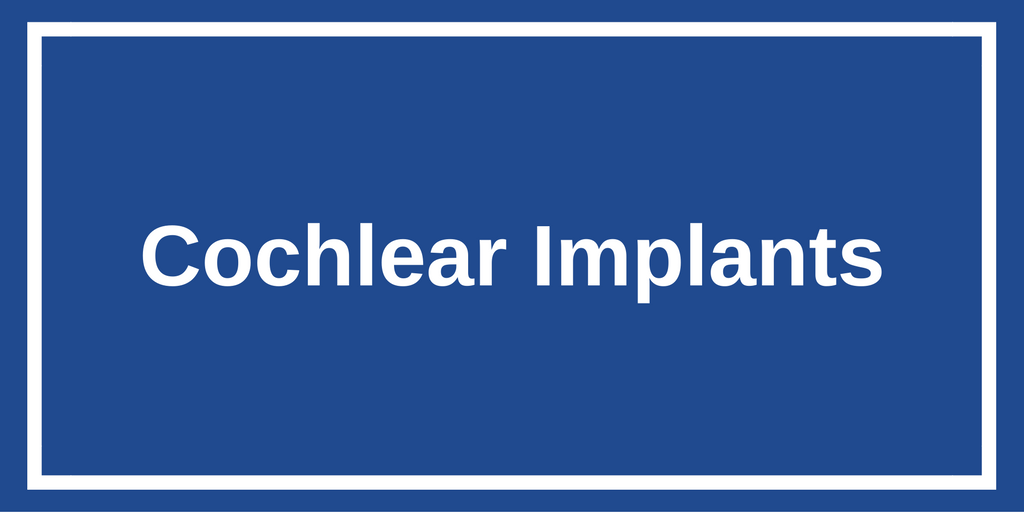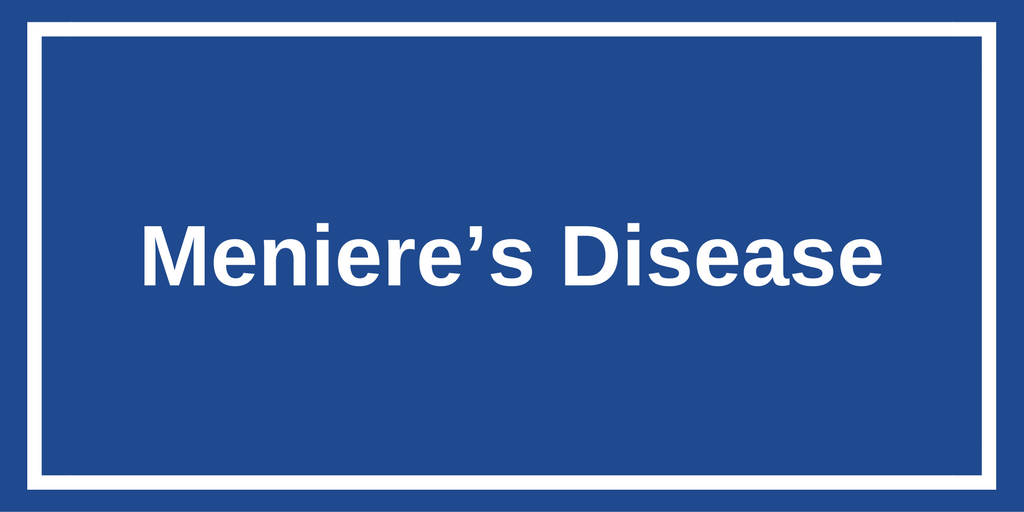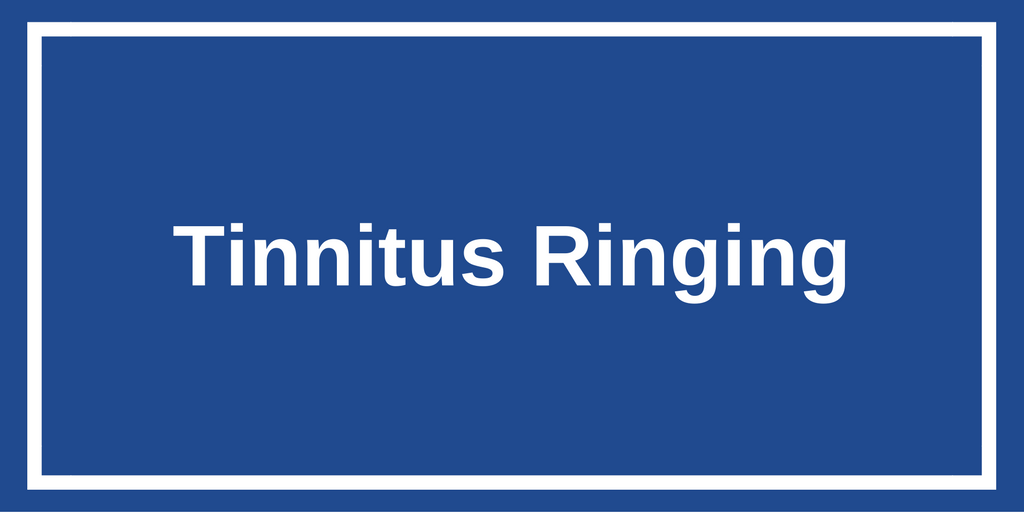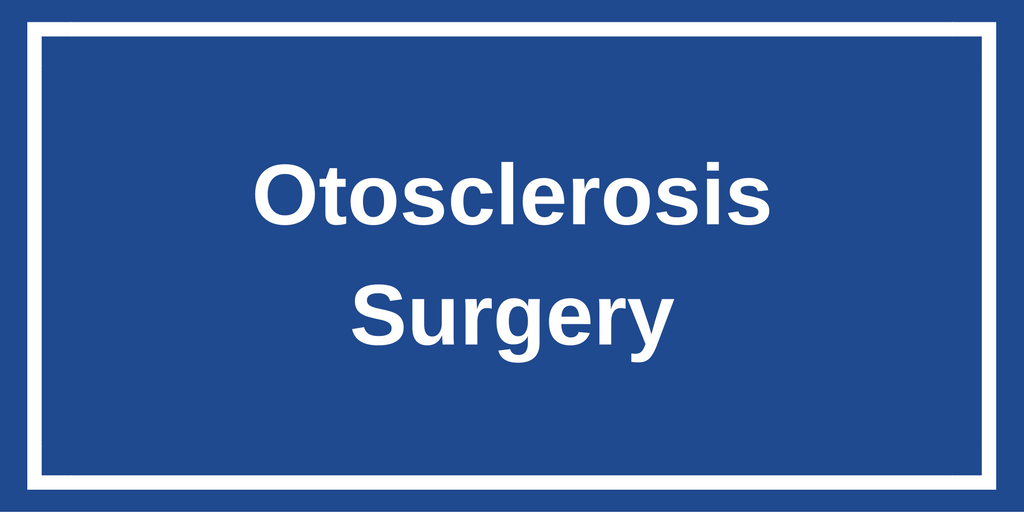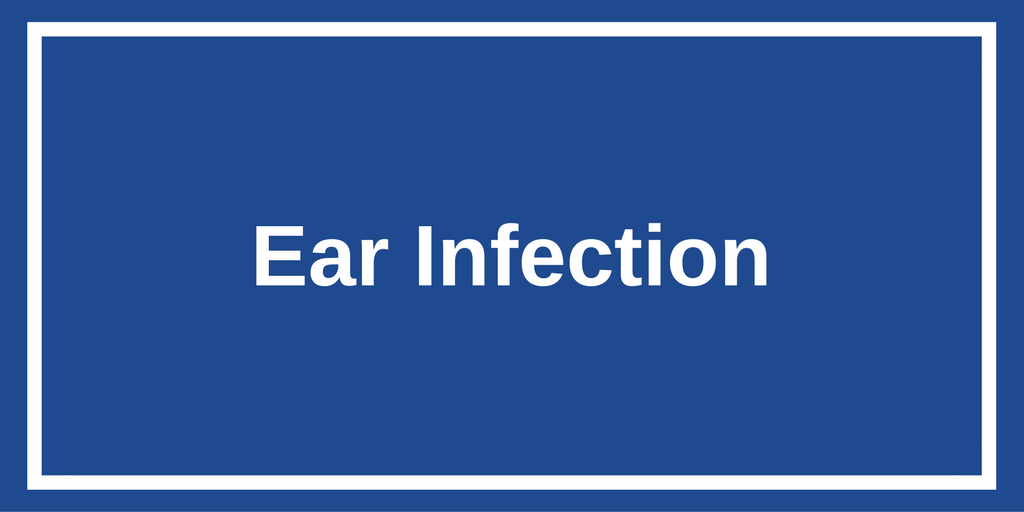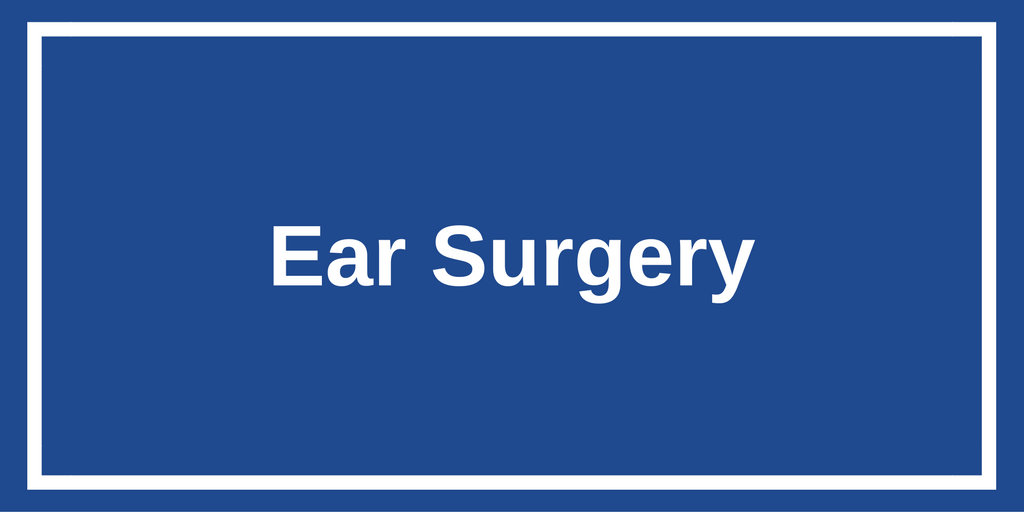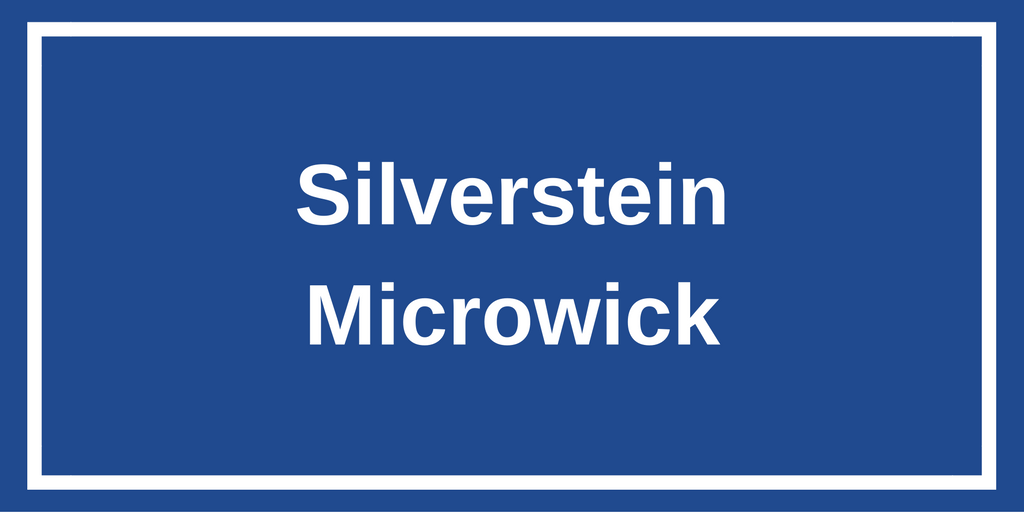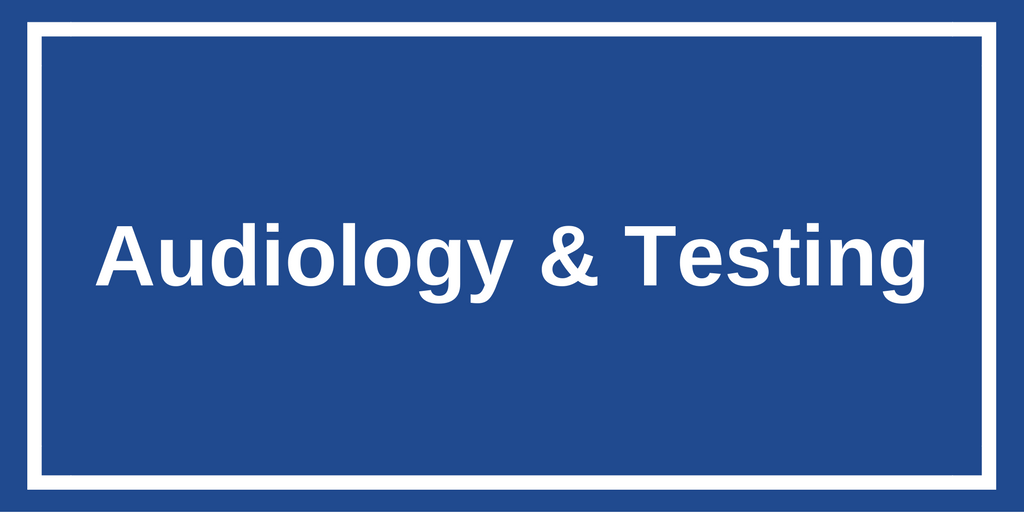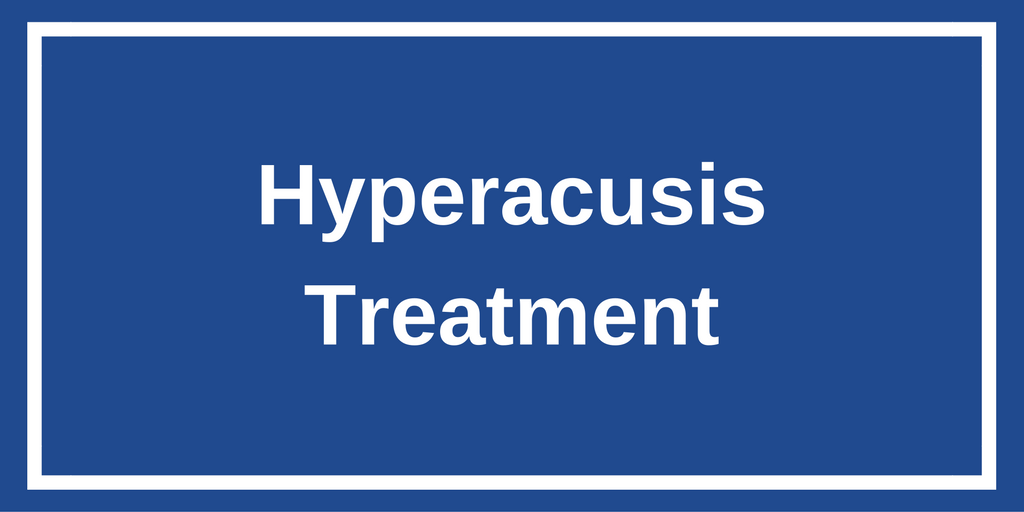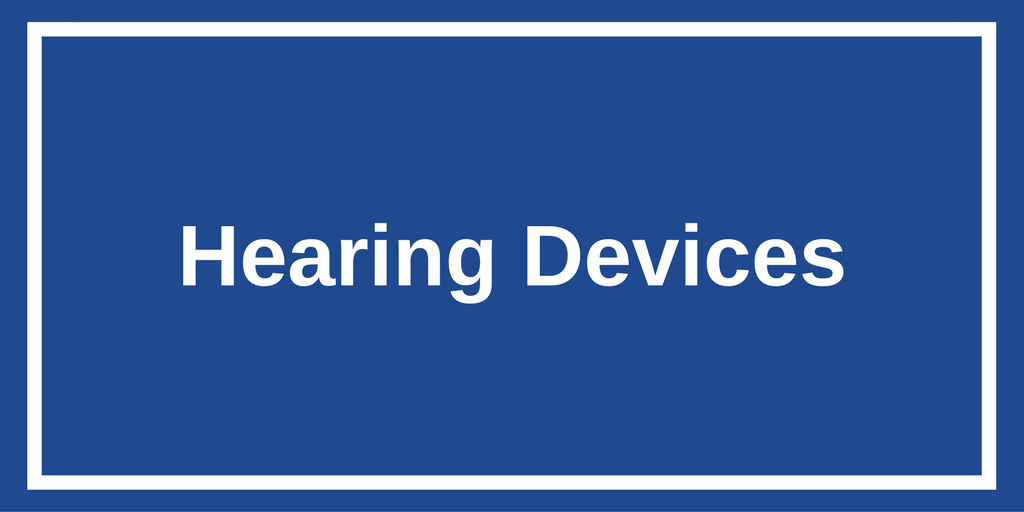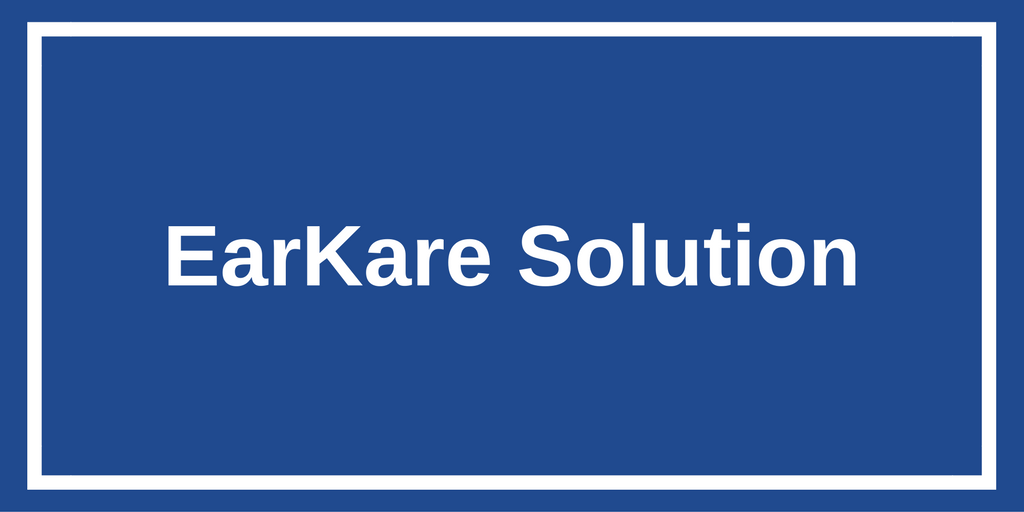Laser Surgery for Otosclerosis
The use of lasers in surgery has evolved from the pages of science-fiction novels to the practices of the physicians at the Florida Ear and Sinus Center. Allowing pinpoint accuracy, instantaneous cauterization of bleeding vessels, and high energy cutting while minimizing trauma to the surrounding tissue, the laser has provided the surgeon with an important alternative to traditional surgical techniques.
Laser Ear Surgery
The laser stapedotomy is a procedure which permits the surgeon to operate without touching the stapes. An opening is made in the frozen stapes footplate and a prosthesis is inserted to allow sound waves to enter the inner ear which restores the sound conducting mechanism and the hearing. There is very little bleeding or scarring in this procedure and patients go home several hours after surgery. Dr. Silverstein was one of the first in the country to use the laser in this procedure. The results have been excellent and, long lasting.
Five Ways to Save Your Ears
Wear earplugs: Coldplay and Dave Matthews Band both wear ear protection. You should too. A pair of cheap foam earplugs will do the trick, but it’s better to invest in higher-fidelity personal ear plugs, which reduce volume without cutting out too much high end.
Turn it down: Don’t crank up your portable music player too loud, especially to compensate for other noise around you. If you’re on a subway, the ambient noise could be as high as 105 decibels. To hear your tunes, you might turn the music up to 110, a level that is safe only for thirty minutes.
Get better headphones: Those that shut out external noise allow you to turn down the tunes. In-ear phones like Etymotic’s ER6 ($139) and Shure’s E4C ($299) go deep into the ear canal to block pretty much all outside noise—plus they sound great (a cheaper alternative is Sony’s MDR-EX71, $50). Bose’s noise-canceling QuietComfort 2 ($299) fits over the ears and removes a lot of low-end noise.
Give your ears a rest: “There’s nothing wrong with going to a rock concert on Friday night,” says Marshall Chasin. “Just don’t mow your lawn on Saturday.” Your ears need about eighteen hours after exposure to sustained high volumes before they return to normal.
Quit smoking: It doubles the risk of noise-induced hearing loss. “After a loud show, the way you get better is through blood supply to your inner-ear nerve cells,” says Chicago audiologist Michael Santucci. “If you do something cardiovascularly restrictive, like smoking, your blood supply won’t be as good. You’re being exposed to two toxins, the cardiovascular toxin and the noise toxin.”
